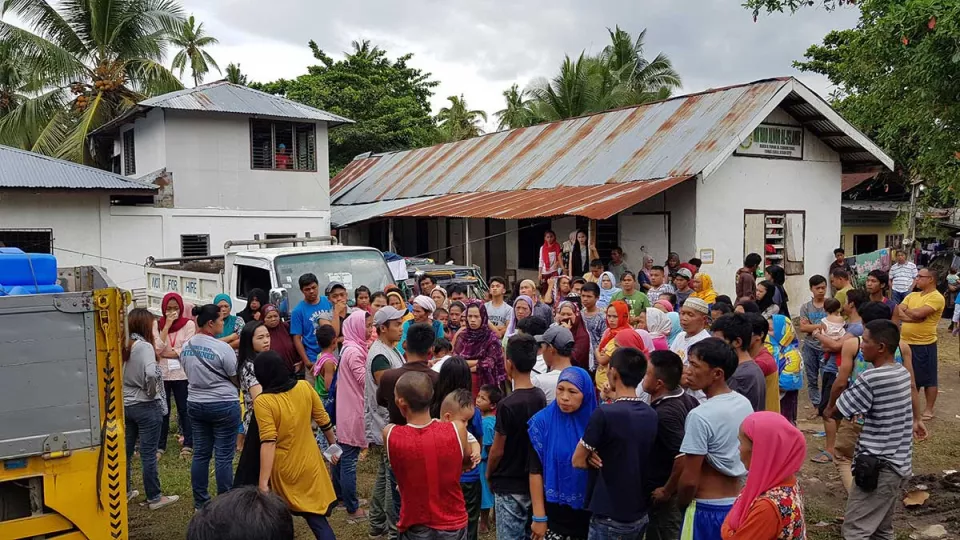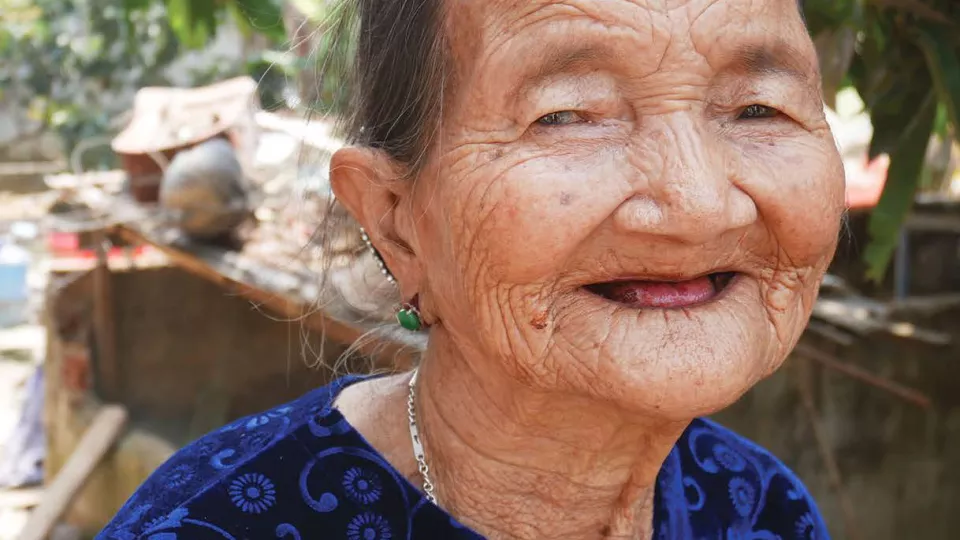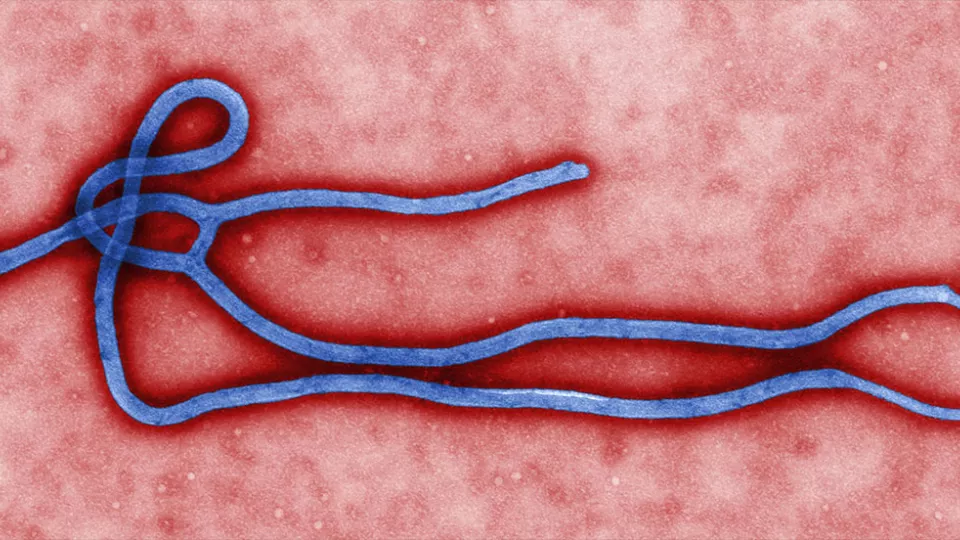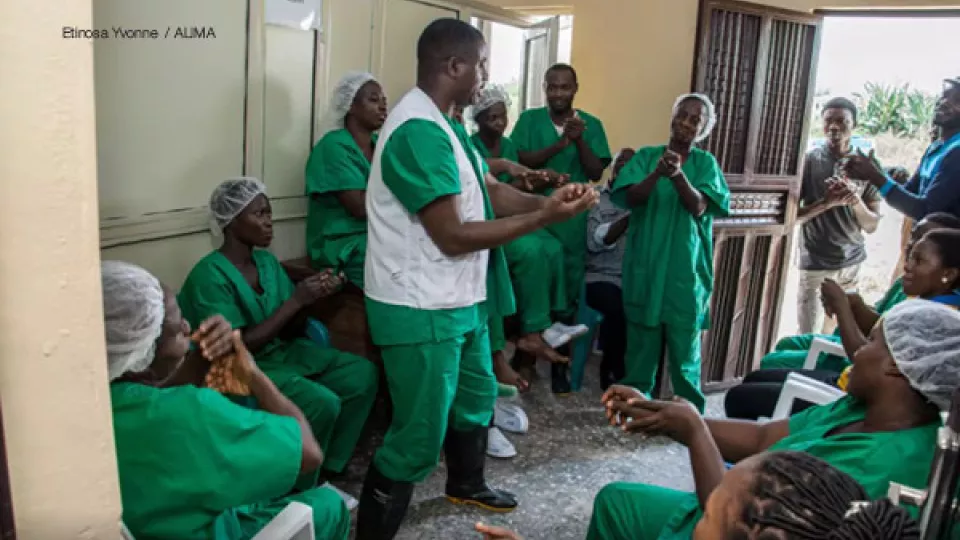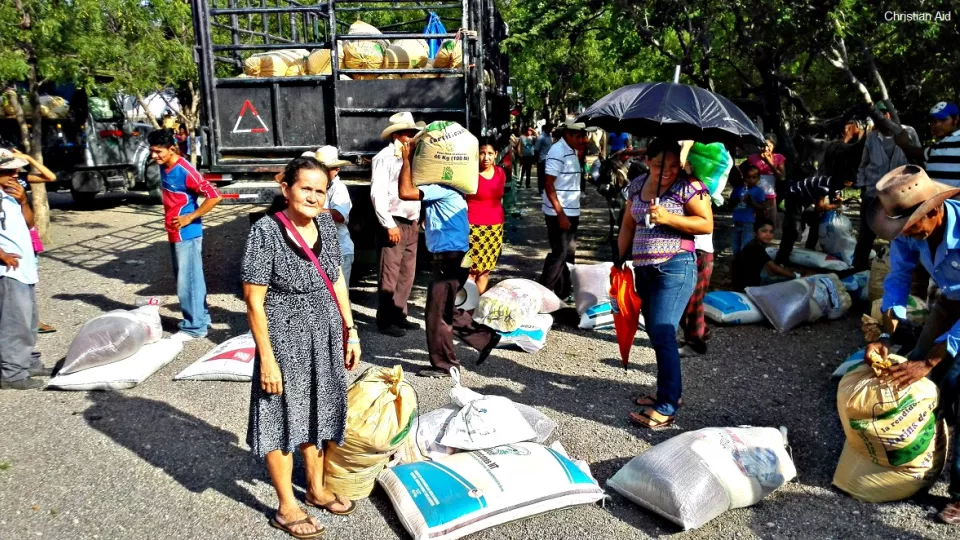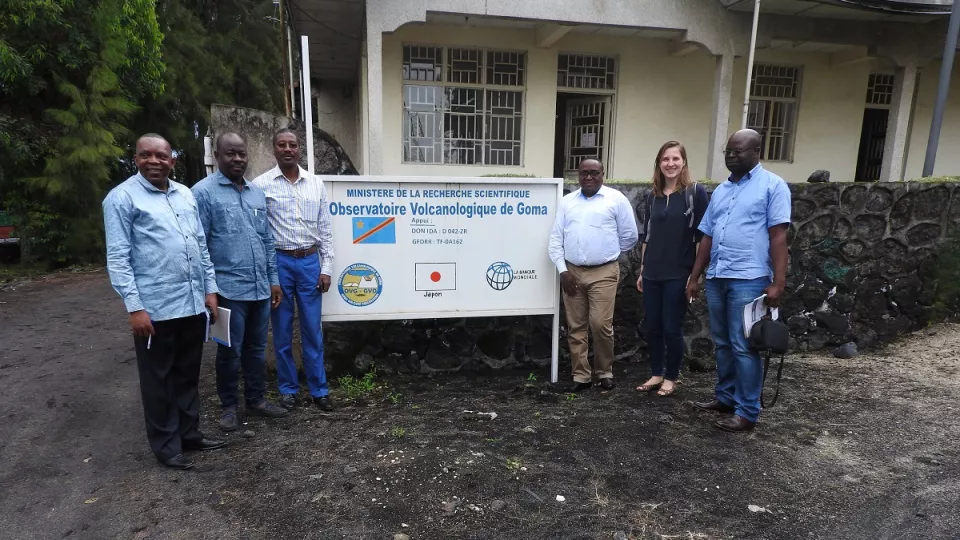How do we choose where to help?
On April 17, Start Network received an urgent alert from two of its 42 member organisations, asking for rapid funding to combat a cholera outbreak in northeast Nigeria. The other members of the United Kingdom-based humanitarian network were quickly consulted, but they were divided over whether, of all the world’s pressing humanitarian needs, this one deserved some of the network’s precious funds.

